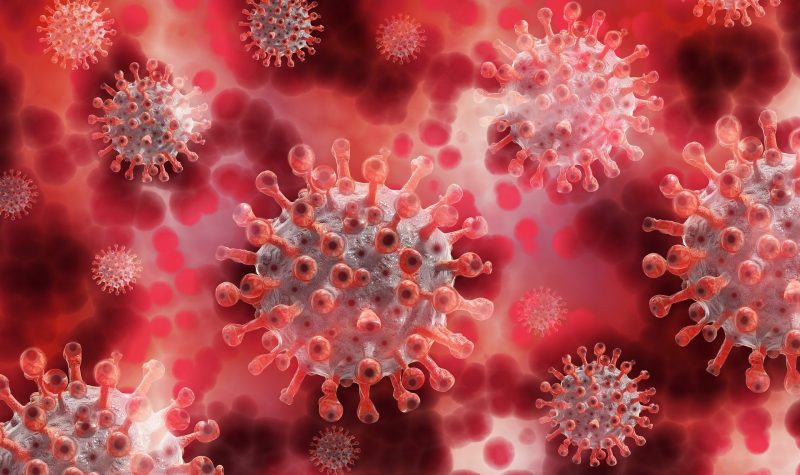Six Nations Elected Council (SNEC) are considering having waste water on the territory sampled by the University of Waterloo to determine what strains of COVID-19 are in the community.
The opportunity was presented to council by the Six Nations Emergency Control Group and a representative from the University of Waterloo. The Six Nations Emergency Control Group said this waste water surveillance project would be helpful with the uncertainty of the pandemic and cold and flu months beginning. Ohsweken Public Health have stated that they're concerned that there is significant under reporting for COVID-19 and that the community is not aware of what strains of the virus could be circulating the community.
Mark Servos, a representative of the University of Waterloo, was able to explain the process to council members and spoke on the concerns from council as to whether or not this project would conclusively represent what types of strains of COVID-19 are in the community.
"It would be a sentinel: so it would give you a very strong idea of what is happening in the community but it won't give you absolutely everything because it is such a dispersed community," Servos said. "But if there is another wave, or there's a shift in the kinds of variants that are entering the community, then public health would have a very thorough and very strong indication of how that is shifting."
Coun. Nathan Wright spoke on the invasiveness of the project and said that council would need to be upfront and communicating what kind of work exactly is being done.
"Either way, you look at whether its research or surveillance, what we're doing is pretty evasive in terms of pulling the information out if there isn't a good firm understanding in the community. If this motion passes my hope is that we do a pretty intensive communication plan out to the community about what we are collecting."
The motion was carried with a stipulation that a communication plan be put together before council could make its final decision.
Listen to the full CJKS story below:


